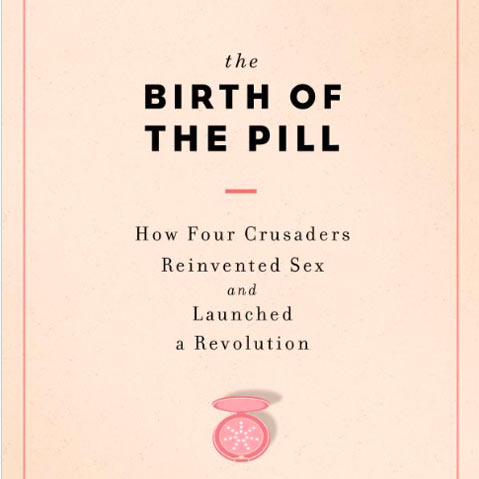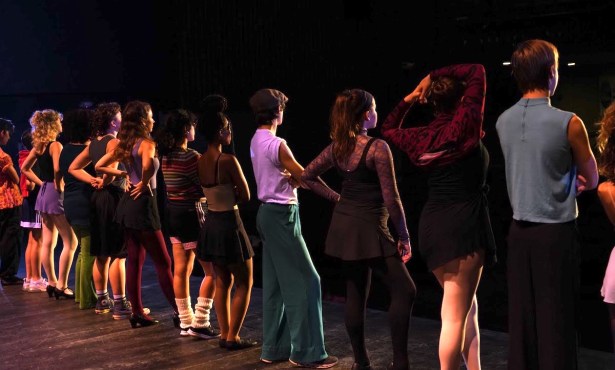Review: Tallis Scholars
CAMA Presents Renaissance Choral Group

CAMA’s Masterseries at the Lobero kicked off its season last Friday with The Tallis Scholars, Peter Phillips’s longstanding and extraordinarily successful vocal group with a repertoire focusing on the sacred music of the Renaissance. Under the watchful ear of maestro Phillips, the seven men and three women of Tallis perform many of the most fiendishly demanding vocal compositions in history. Standing together onstage in a shallow semicircle and clutching their no doubt heavily annotated scores, these brave souls venture far beyond the familiar realms inhabited by conventional contemporary choirs into what can only be termed an alternate universe of sound, the domain of such composers as William Byrd (c. 1540/1543-1623), Josquin des Prez (c. 1450/1455-1521), and, in this instance, the enigmatic one-Magnificat wonder, Edmund Turges (c. 1450-1500).
From the opening “Vigilate” of Byrd, it was evident that the audience was in for a very special experience. To hear the way these singers blend voices is to know why some people believe in telepathy. The rippling stereo effects alone are astonishing. The Missa Gaudeamus of des Prez, which followed, left the evening’s most satisfying total impression. There’s a grandeur and cultural centrality to the structure of the Mass that would appear indestructible, and in the hands and voices of The Tallis Scholars, the more than 500 years that separate us from des Prez seem to drift and dissipate like so much incense. And although the beauty of these sensual surfaces may seem enough in themselves, it’s the presence of deeper meanings, both symbolic and emotional, that renders this music so poignant to modern listeners. All of these composers lived in the shadows of a deadly period in religious politics, during which the minutest details of these compositions were heard as reports from the front lines. They are comparable in their intellectual gravity to the poetry of Sidney, Spenser, and Shakespeare.
After the intermission, the Scholars returned with four individual works by Byrd, including “Ye Sacred Muses,” his elegy for Thomas Tallis, the composer after whom The Tallis Scholars were named. These pieces were written during a period of extreme uncertainty for the Catholic recusant composer, who managed to keep his head and his compositional vocation despite the vicissitudes of the Tudor regime. “Ne irascaris Domine,” the haunting fifth and final work by Byrd performed in the program, ends with a clearly intended judgment on the impact of Elizabeth I’s protestant ascendancy, “Jerusalem desolata est.”
The final work on the program, the Turges Magnificat, was, as Peter Phillips acknowledged, by far the strangest. “It’s not normal,” Phillips told the appreciative crowd. “It’s almost like the vaulting in the King’s College Chapel in Cambridge [a riotously ornate gothic interior]; there’s not much room for any more.” In the event, the sumptuous polyphony rolled on unceasingly for 20 minutes or more, with amazing rhythmic canons at the late midpoint and even some brief solos for contrast. A cappella music does not come any better than this, and CAMA is to be congratulated for its unstinting pursuit of the very best music of all kinds for its distinctive Masterseries



